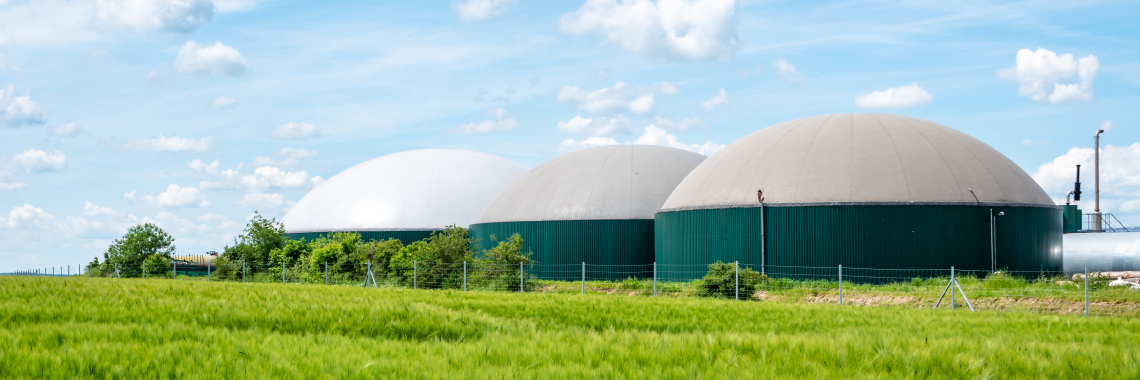Transforming Waste into Resources: How Biorefineries Are Reshaping Mexico’s Energy Landscape
At the heart of the transition towards a greener and more sustainable economy, Mexico emerges as a key player in the development and implementation of biorefineries. These facilities, which convert biomass into fuels, energy and chemicals through biological and thermal processes, promise to revolutionize not only the country’s energy industry, but also its commitment to environmental sustainability.
Innovation and Sustainability
Biorefineries represent a convergence between technological innovation and sustainability. Using agricultural, forestry and urban waste, these facilities can produce a wide range of products, from bioenergy to bioplastics and green chemicals, significantly reducing greenhouse gas emissions compared to their fossil counterparts. Mexico, with its rich biodiversity and extensive agricultural lands, is uniquely positioned to take advantage of this technology, transforming waste into valuable resources.
Promotion of the Circular Economy
The implementation of biorefineries in Mexico is in perfect alignment with the principles of the circular economy, where the objective is to close the production and consumption cycles to maximize the reuse and recycling of materials. By converting biomass into a variety of useful products, biorefineries can reduce the country’s dependence on imports of raw materials and fuels, encouraging self-sufficiency and promoting the development of sustainable local industries.
Challenges and Opportunities
Despite the enormous potential, the transition to a biorefinery-based model faces significant challenges. The initial investment, infrastructure and technology required are considerable. However, the Mexican government, together with the private sector, has begun to recognize the importance of overcoming these obstacles, investing in research and development and exploring strategic partnerships to advance in this field.
Furthermore, the promotion of biorefineries offers unique opportunities for rural development, providing new markets for agricultural waste and creating jobs in local communities. This can not only help reduce urban migration, but also improve the quality of life in rural areas, by promoting sustainable agricultural practices and diversifying the local economy.
Towards a Green Future
Mexico’s commitment is a clear sign of its commitment to a more sustainable future. This direction not only reflects a strategy to mitigate climate change and reduce pollution, but also a vision to foster innovation, economic growth and social development. By focusing on biorefinery development, Mexico is not only investing in its energy and economic security, but also in the health and well-being of its citizens and the planet.

